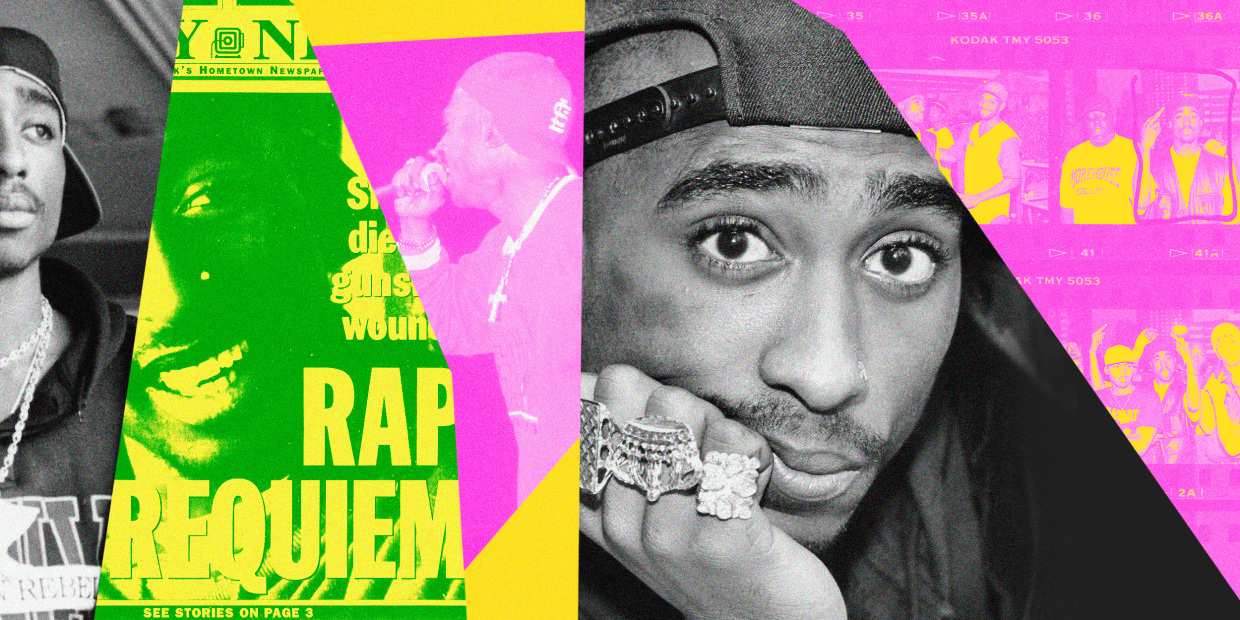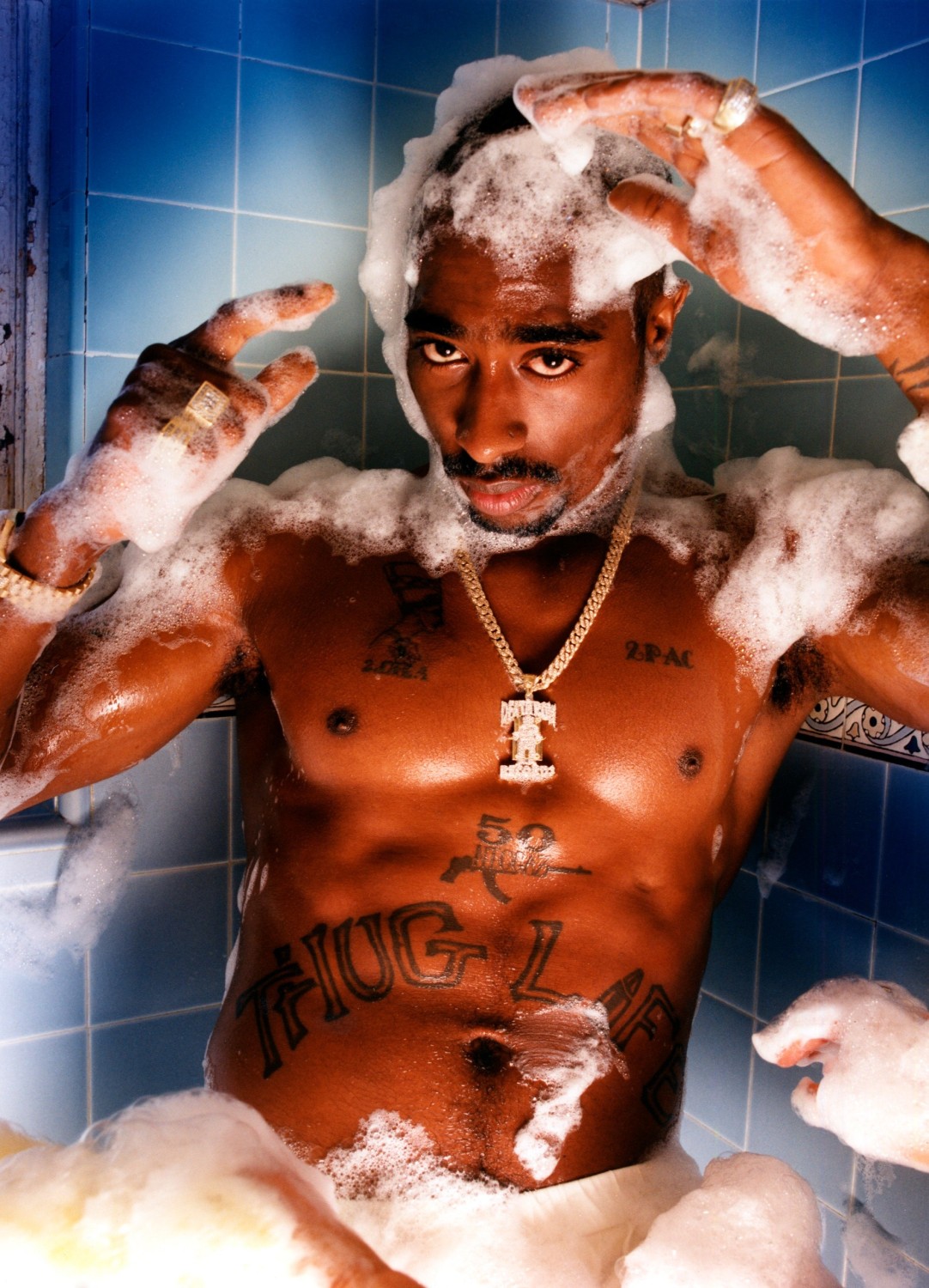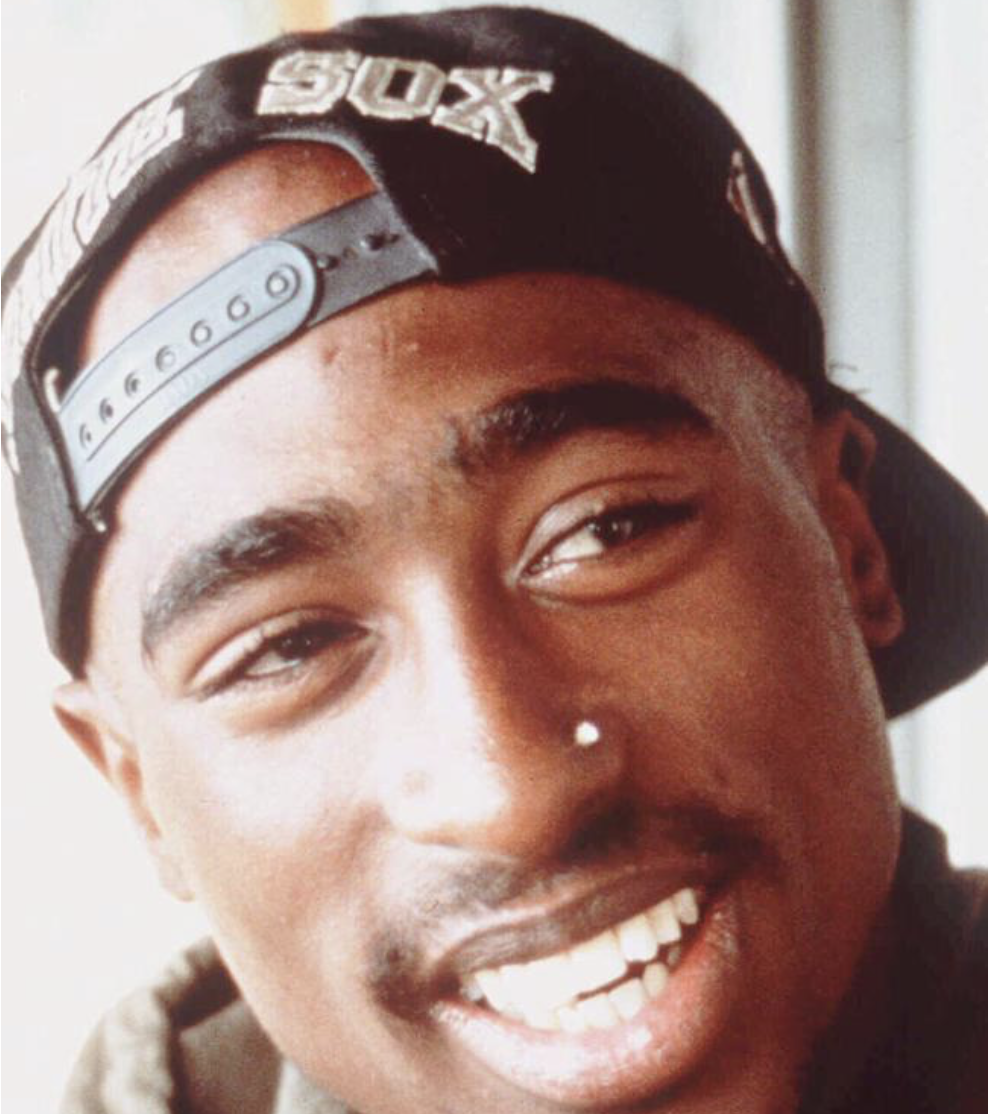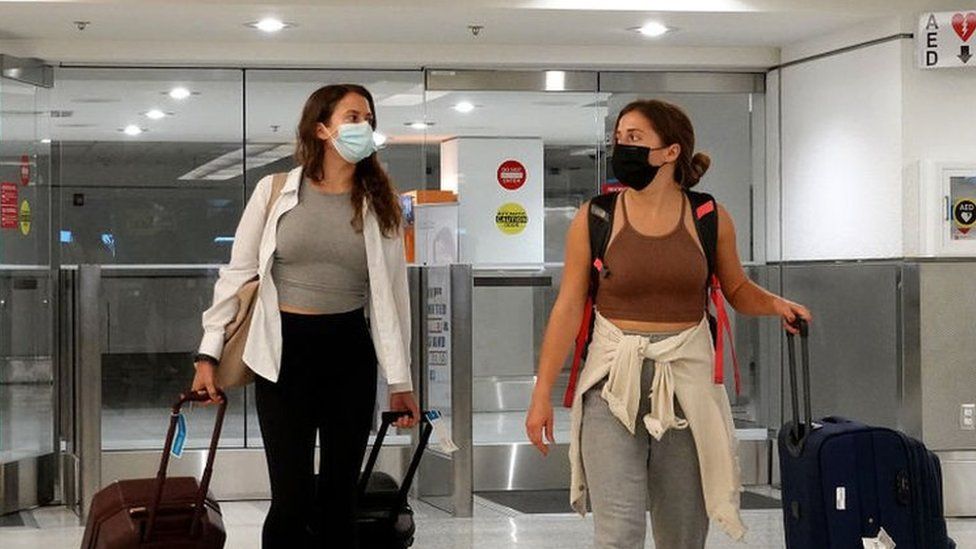This article is more than
4 year oldRussia hasn't had any new coronavirus cases. Why is that?
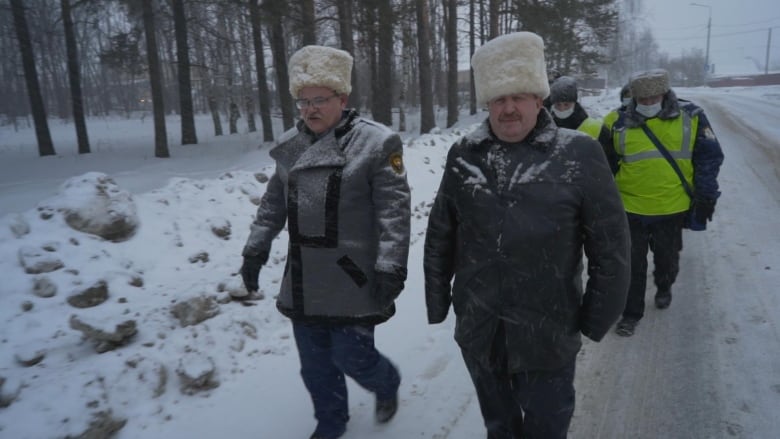
In the snowy Russian city of Yekaterinburg — thousands of kilometres from the closest international border — Igor Gorbunov says he's doing his part to keep the coronavirus out of the world's largest nation.
"Put this on before you go inside, there might be Chinese in there," he tells a family heading into a grocery store, before handing face masks to a mom and her kids.
Russia has adopted some of the world's most controversial — many would say discriminatory — measures to combat the coronavirus, including policies specifically targeting the Chinese community.
Among them are patrols, such as the one Gorbunov is undertaking, in largely Chinese neighbourhoods.
"Well, we read the press and they write that the virus is most prominent among the Asian population," says Gorbunov's colleague Genady Kovalov. "The danger is real, that's why we started the patrols."
Gorbunov, who also goes by the title "Colonel Igor," and Kovalov, who says he's a "General," are Cossacks, modern-day descendants of the former protectors of Russia's Tsars. They now take on various patriotic tasks to help defend the motherland, and fighting the coronavirus has become their latest mission.
Cossack patrols
Yekaterinburg has a large Chinese community, made up of people who come to take jobs in construction or retail, where the wages are better than what they would earn back home.
CBC News recently joined Gorbunov and Kovalov, who are both in their sixties, as they led a team of younger volunteers around Russia's fourth-largest city, handing out masks and dispensing free medical advice on how to avoid contracting the coronavirus.
The masks and information they hand out about the spread of the virus are approved by Russian health authorities. The holy water blessed by Orthodox priests, which Gorbunov and Kovalov claim will prevent people from getting sick, is not.
Although Russia is the world's largest nation in terms of land mass and shares more international borders than any other state in the world (14), health authorities here have reported strikingly few cases of the COVID-19 virus.
Last month, two Chinese visitors tested positive, but they were later pronounced virus-free. Three other people are in quarantine in the city of Kazan after contracting the virus on the Diamond Princess cruise ship.
But other than that, the government says officially, there are no positive coronavirus cases in Russia.
'A lot of preventative measures'
From time to time, video posted on Russian social media sites appears to show people being taken into medical custody, sometimes forcibly, but the government has never confirmed coronavirus was the reason.
"Well, obviously our government has been taking the proper steps, doing a lot of preventative measures," said Gorbunov.
Those measures include an early closure of most Chinese land border crossings with Russia, which has since been expanded to a near-total ban on all Chinese people — not just those from the epicentre in Wuhan — entering Russia.
For those who are allowed in — usually for business purposes — 14 days in quarantine follows.

Moscow's mayor has also authorized raids on work sites that have Chinese migrant labourers, and the use of cameras with facial-recognition technology to ensure the quarantines are followed. On Friday, the city announced it had arrested 88 people for breaking the self-isolation orders.
Criticism from China
Moscow bus drivers have even been asked to report when Chinese-looking passengers get on board.
The Chinese embassy in Moscow has expressed its displeasure with these measures, writing directly to the Kremlin, saying, "the special monitoring of Chinese nationals on Moscow's public transportation does not exist in any [other] country, even in the United States and in Western states."
Russia has also closed its borders to other nations with significant case numbers, notably Iran and South Korea, and urged its nationals to avoid visiting Italy.
The fact that Russia has managed to avoid the kind of large outbreaks currently seen in Europe and with some of China's other neighbours has led some observers to wonder whether Russia's controversial strategy is paying off — or if health authorities simply aren't telling the truth.
"It is difficult to say whether or not [the statistics] reflect reality," said Paul Hunter, a professor and researcher in medicine at the University of East Anglia in the United Kingdom, in an email to CBC News.
But he also said, "I cannot see what political benefit would accrue from lying about the situation now. If it spreads and you have suppressed information, then you will look much worse in the end."
Borders shut
The World Health Organization has argued against the kind of border closures adopted early on by Russia, saying that at best they slow the spread of viruses and at worst cause unnecessary economic hardship, stigmatize ethnic groups and are a violation of international law.
Russia's financial minister told the business website RBC that the border restrictions with China are costing the country at least $16 million US a day in lost trade.
Hunter said he believes it's likely Russia has been doing better than many other nations simply because it's not a top destination for international travellers who might be carrying the virus.
"I think it unlikely that this is anything other than random chance linked to much less foreign travel," said Hunter.
Russian media touts policy success
On Russian state TV, however, the Kremlin's approach is being cast as both a public policy success and a victory for Russia internationally.
"These tough measures we took in Russia are now justified," said political analyst Mikhail Markelov on the Russian talk show 60 Minutes.

"In the beginning, we heard a lot about how you can't infringe on freedoms and it's a bad thing. Well, now [some] countries… are ready to sacrifice some of their freedoms for the sake of their safety," he said.
Another panellist on that show, however, cautioned Russians about becoming overconfident.
"We need to buy time to get our infectious hospitals in order. Most of them have no heat or proper plumbing," said Mikhail Konyev. "We need to be ready for when the outbreak happens in Russia, which it surely will."
'Just early days'
That point is echoed by Benjamin Cowling, head of epidemiology at University of Hong Kong, who has studied the spread of the coronavirus.
He doubts Russia will be able to isolate itself for much longer if the virus's global spread continues.
In an email to CBC News, Cowling said "probably there are a handful of undetected imported infections, some of which might have been able to start local chains of transmission."
He said in South Korea and Italy, clusters of such infections took several weeks to turn up. But as soon as they did, the number of cases rose rapidly.
When it comes to Russia's infection rate, Cowling said, "I guess it's just early days."
ABOUT THE AUTHOR
Chris Brown // Moscow CorrespondentChris Brown is a foreign correspondent based in the CBC’s Moscow bureau. Previously a national reporter for CBC News on radio, TV and online, Chris has a passion for great stories and has travelled all over Canada and the world to find them.
Keywords
Newer articles
<p>Former CNN host discussed ongoing anti-Israel protests on college campuses</p>
Tiffany Haddish Says Common Is the Only Celebrity She's Been 'Entangled' With, Claims He Chased Her for 2 Years
Kendrick Lamar escalates Drake feud on the scathing diss track, Euphoria
Rihanna Is “Keeping it Real Simple” for This Year’s Met Gala
US Congress threatens ICC over Israel arrest warrants
Tiger’s heartbreaking daughter revelation
Israel fears Netanyahu's arrest over Gaza war as international court considers warrant
Doja Cat steps onto red carpet in lingerie
Rwanda must halt ‘support’ for M23 rebels, withdraw troops from DR Congo, says Macron
Tucker Carlson releases interview with Russian philosopher Aleksandr Dugin
